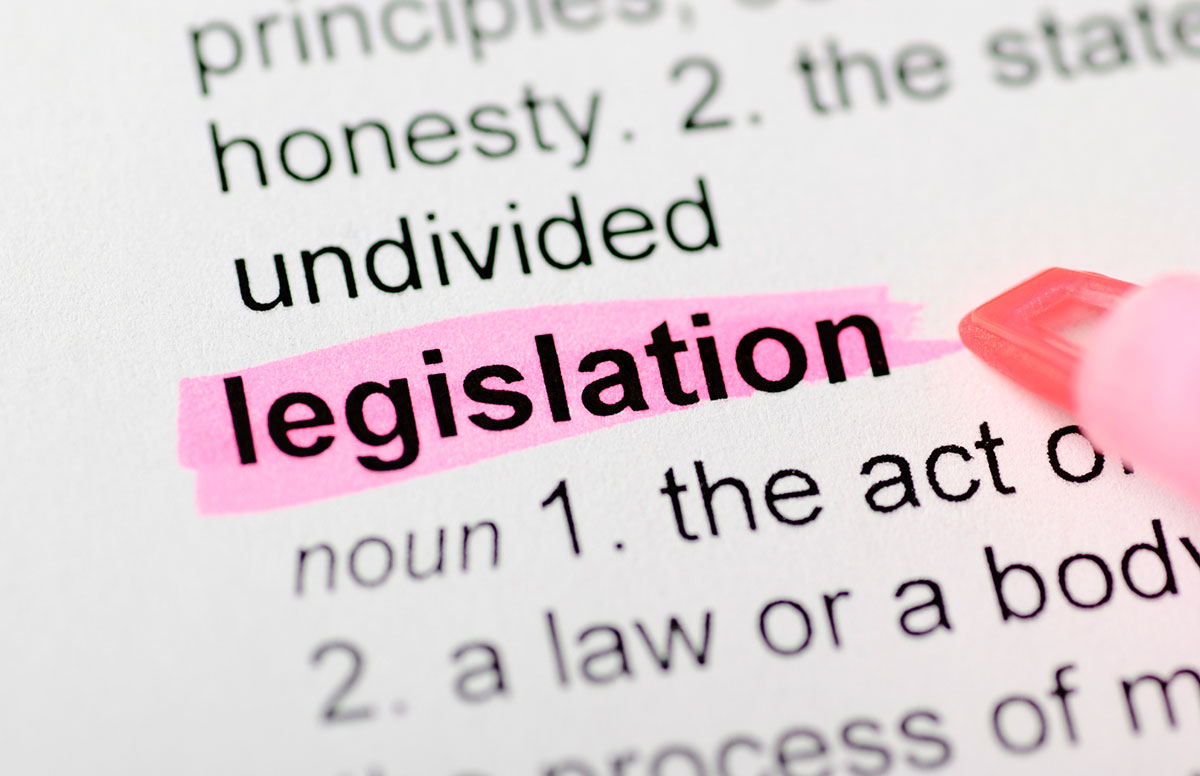HUD clarifies options for income certifications, electronic submissions
HUD-assisted housing communities across the country continue to navigate the impacts of COVID-19, including by helping residents lower their rent contributions if they have lost income due to the crisis. To help bring relief to both residents and properties, LeadingAge urged HUD to provide various flexibilities for the income recertification process.
In the HUD Office of Multifamily Housing Question and Answer document, updated on April 2, 2020, the agency allowed the following key options for housing staff processing interim recertifications:
Residents can Self-Certify Income Changes for Interim Recertifications
To bring relief to residents and staff of HUD-assisted communities who may not able to access verification information from employers or agencies during the COVID-19 crisis, LeadingAge urged HUD to allow for resident self-certification of income changes for the purposes of interim income recertifications. In HUD’s April 2, 2020 guidance, the agency allowed households to self-certify income changes.
The Agency’s Question and Answer document reads: “HUD will allow assisted tenants that may have lost income due to COVID-19 to self-certify for annual or interim recertifications…Family certification can be used if the information cannot be verified by another acceptable verification method.”
The document goes on to say that, “when family certification is used, owners must document the tenant file to explain why third-party verification was not available. During the COVID-19 National emergency, this certification can be provided to the owner by other means such as mail or email. The owner may consider collecting the original documents from the family at a later date.”
During a HUD MF West Region call on April 3, agency staff said that tenant-certification can take the form of a written or emailed note. More updates are forthcoming.
Staff can Collect and Process Recertifications Electronically
To help minimize the need for in-person interaction with residents who may be ill, in quarantine, or in self-isolation, HUD is allowing property staff to temporarily collect electronic documentation and signatures for recertifications.
Regarding signatures, the HUD document reads: “For owners or tenants impacted by the COVID-19 virus, HUD will allow alternate signatures (e.g. copies or images of signatures sent by email, fax, or other electronic means) as long as original, “wet” signatures are obtained at a later date.”
Regarding documentation, the HUD guidance reads: “Tenants experiencing extenuating circumstances due to the COVID-19 virus can provide the owner with documentation for the recertification by email or other electronic delivery at the owner’s discretion.” This includes Social Security awards and bank statements.
For both signatures and documents, if the Handbook requires originals, those will have to be added to the file at a later date.
COVID-19 Qualifies as “Extenuating Circumstance” for Annual Recertifications
HUD has recognized COVID-19 as a qualifying extenuating circumstance for delays in tenant file information. This means that staff have a window of 90 days to at least start processing annual recertifications, which are then retroactive to the anniversary date.
In order to facilitate these delays, HUD’s April 2 guidance listed codes that property staff can use when inputting recertification information into the Tenant Rental Assistance Certification System (TRACS). These codes include options for medical or extenuating circumstances that prevent staff from including original signatures.
Importantly, the HUD guidance reads: “Owners are reminded to maintain at least 90% of their certifications in an active status in TRACS to maintain subsidy payments.”
Document, Document, Document
For adjustments or exceptions made during this critical time, the best advice for housing providers is to document, document, document. This includes noting in the tenant file why original documentation or third-party verification could not be secured. HUD staff has said that this documentation will help insulate properties during future Management and Occupancy Reviews or audits.
Other HUD Guidance for RAD Requirements and Accessing Reserves
For housing providers and residents otherwise concerned about COVID-19 exposure, the HUD guidance document offers direction on other items, including in-person components of the RAD conversion process, as well as accessing funds for eligible or non-traditional expenses incurred during COVID-19 response.
In addition, LeadingAge is expecting more guidance soon from HUD regarding vacancy loss claims, move-ins and move-outs, fair housing obligations, forbearance agreements, and more.

Most Recommended
July 01, 2025
 Budget Reconciliation 2025
Budget Reconciliation 2025
June 27, 2025
Pathways for Foreign-Born Workers
Recently Added
July 01, 2025



